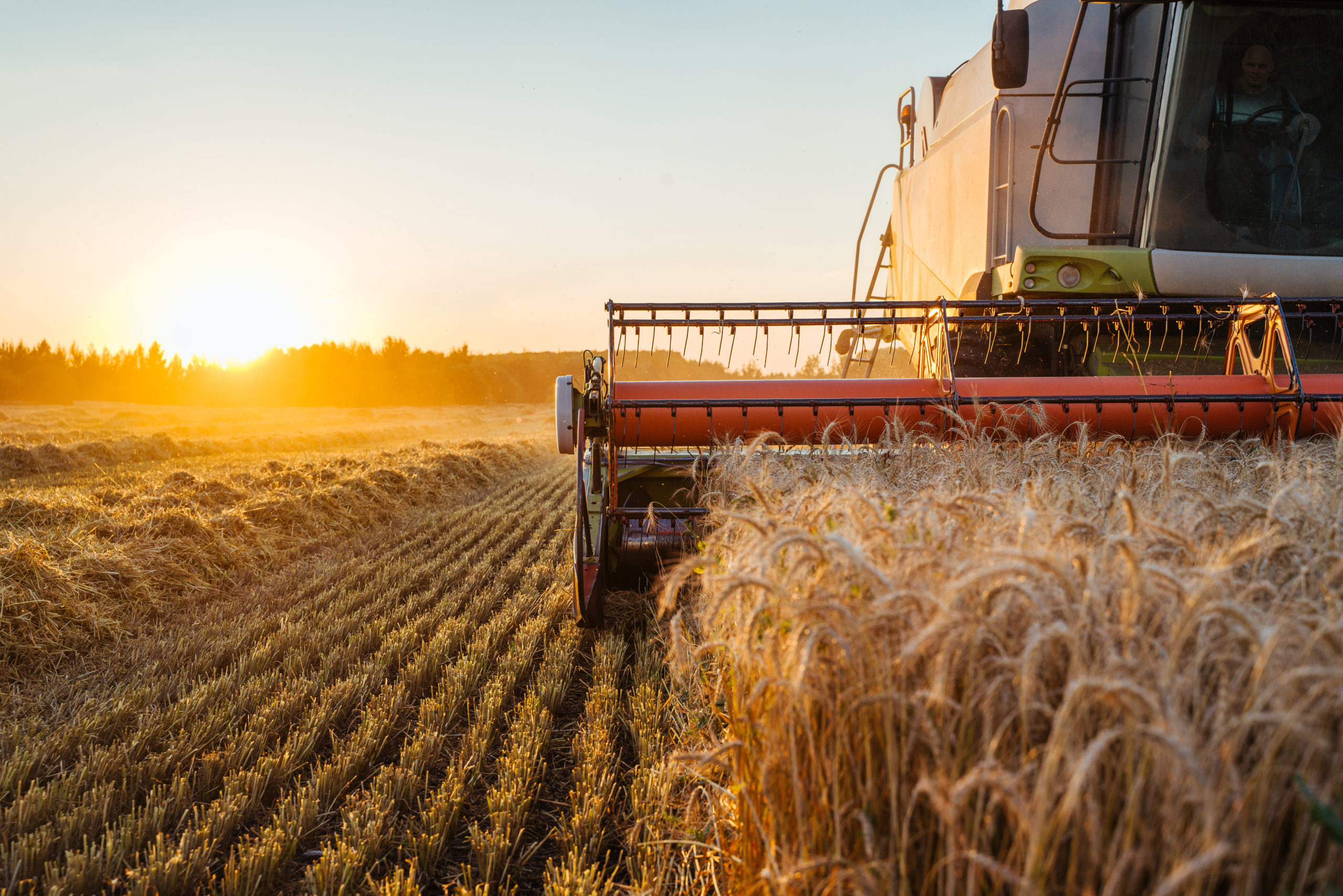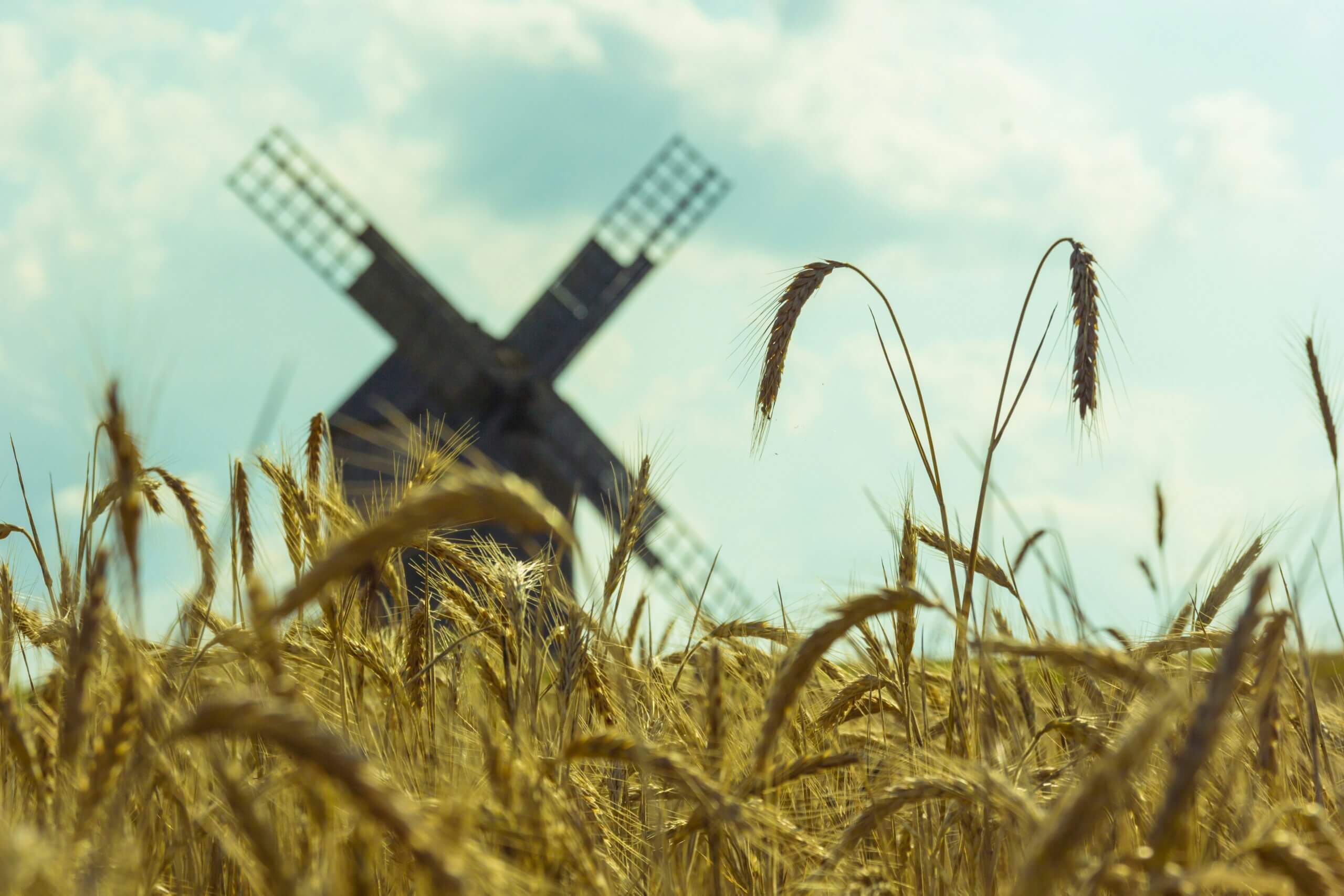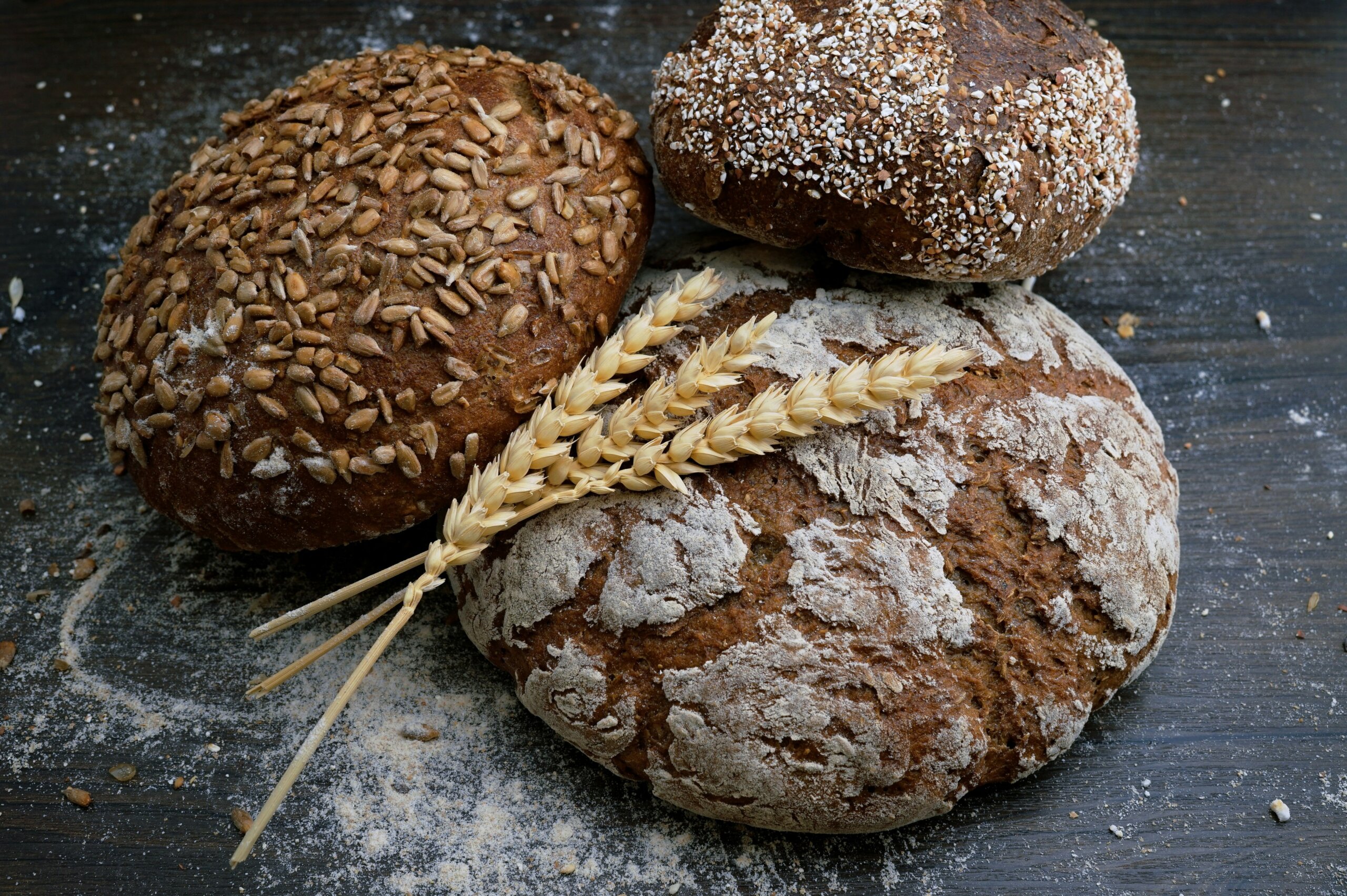New Zealand

Potato growers feeling the heat as foreign frozen fries flood the market
Europe’s Covid-19 lockdown is threatening New Zealand’s potato-growing industry, as tonnes of hot chips go unfried at closed pubs.
Quiet streets and empty bars in the Northern Hemisphere have resulted in an estimated 1.7 million tonne surplus of raw potato material.
“People can’t go out, have a beer and buy some chips,” Potatoes NZ chief executive Chris Claridge told Frank Film.
“That means there’s a big lump of frozen fries that’s got to go somewhere. Our economy’s working, they are sending it here – it is as simple as that.”
Read More here…
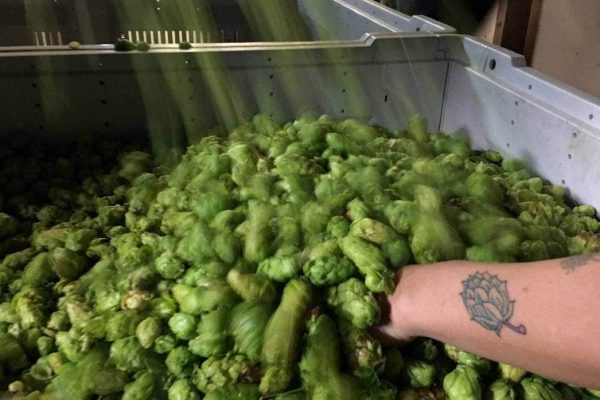
Hail storm fallout leaves hop crop down by up to 60 per cent
Four months on from the hailstorm that devastated Tasman’s horticulture industries, the effects are coming to fruition at harvest time.
Motueka’s Mac Hops was one of the major casualties from the Boxing Day hailstorm which swept across Tasman, leaving dozens of homes and businesses affected.
With hop gardens at its Motueka home block and at Lower Moutere – Mac Hops director Brent McGlashen said the damage had been substantial right across the board.
“There were very few varieties that escaped it – two of the blocks up the Moutere just disintegrated.”
Read More here…
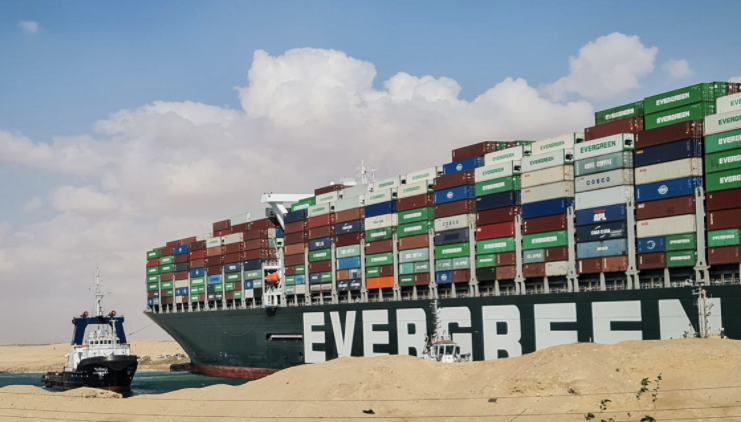
Concern over livestock amid Suez Canal delays
There are concerns over the welfare of animals stuck on livestock carriers as the Suez Canal remains blocked.
There is a backlog of hundreds of ships waiting to pass through the busy shipping channel after the vessel Ever Given became stuck last week.
Among those are at least 20 livestock carriers, according to The Guardian, with many concerned if the Ever Given is not freed soon thousands of animals could be killed.
Read more here…

Labour inspectors keeping close eye on Hawke’s Bay orchards
Labour inspectors will be visiting orchards in the Hawke’s Bay this week, making sure apple growers are paying their employees correctly and keeping accurate records.
It comes as the industry faces a massive worker shortage, with apple and pear growers warning of export revenue losses of around $100 million due to a lack of pickers and packers.
Labour Inspectorate regional manager Kevin Finnegan said inspectors would be doing random checks on orchards in the area to make sure employees are receiving the correct entitlements and accurate records are being kept .
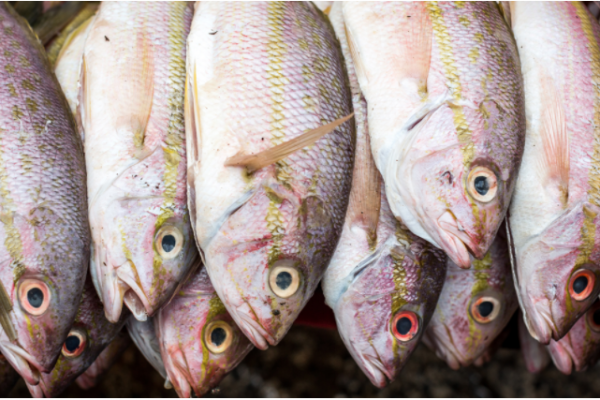
New fishing catch limits to come into force in April
A number of new fishing catch limits introduced on Friday aim to make sure the country’s fish resources are sustainable.
Changes to the catch limits of 14 fish stocks were announced by Fisheries New Zealand, along with the introduction of a full year-round closure to harvesting shellfish at Cockle Bay/Tuwakamana on Auckland’s east coast.
Fish stocks are reviewed twice a year, in April and October, to see if any changes to catch limits are needed.
“If the science tells us more fish can be sustainably caught, then we increase the catch limits, says Emma Taylor, Fisheries New Zealand director of fisheries management.
Read More here…
Australia
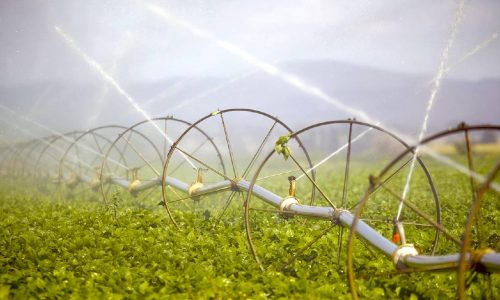
New trade key to economic recovery
Expanding existing and creating new trade relationships will be essential if agriculture is to act as the cornerstone of the Queensland economic recovery from COVID-19.
While horticulture is an exceptionally efficient engine in turning sunshine, soils, energy and water into regional jobs and wealth, we need new destinations for our produce.
Government interventions to stimulate production, including irrigation water price reductions, will only disrupt domestic markets unless export market access is expanded.
Read more here…
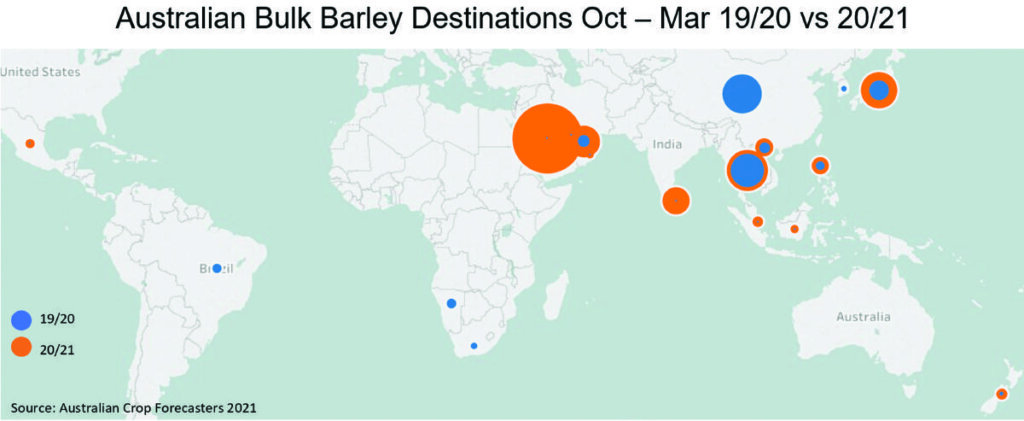
Australian barley is in demand
AUSTRALIAN barley production for the 2020/21 season was the second highest on record behind 2016/17, coming in at 12.7 million tonnes according to Australian Crop Forecasters.
Estimating carry in from the previous season of 2.6mt, Australian barley supply is at 15.3mt for 2020/21.
Read more here…
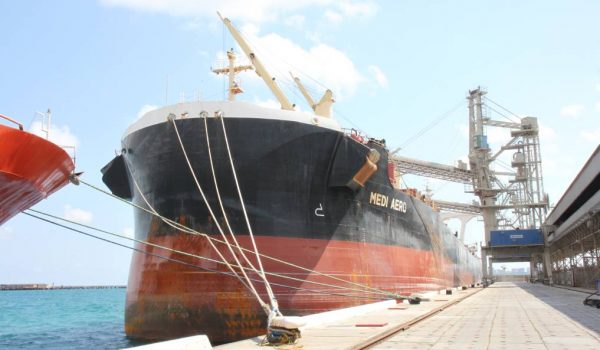
Hot sea freight market boosting Australian export opportunities
A big spike in ocean freight rates, driven by strong demand for grain and coal vessels, is creating some turmoil in the dry bulk commodity market at present – as consumers and the trade scramble to cover forward business.
The leading sea freight index on London’s Baltic Exchange closed higher for the third consecutive week last Friday.
Charter rates for the larger capesize and panamax vessel segments increased for five consecutive sessions to close at 2281, which is the highest level since September 2019.
Read more here…
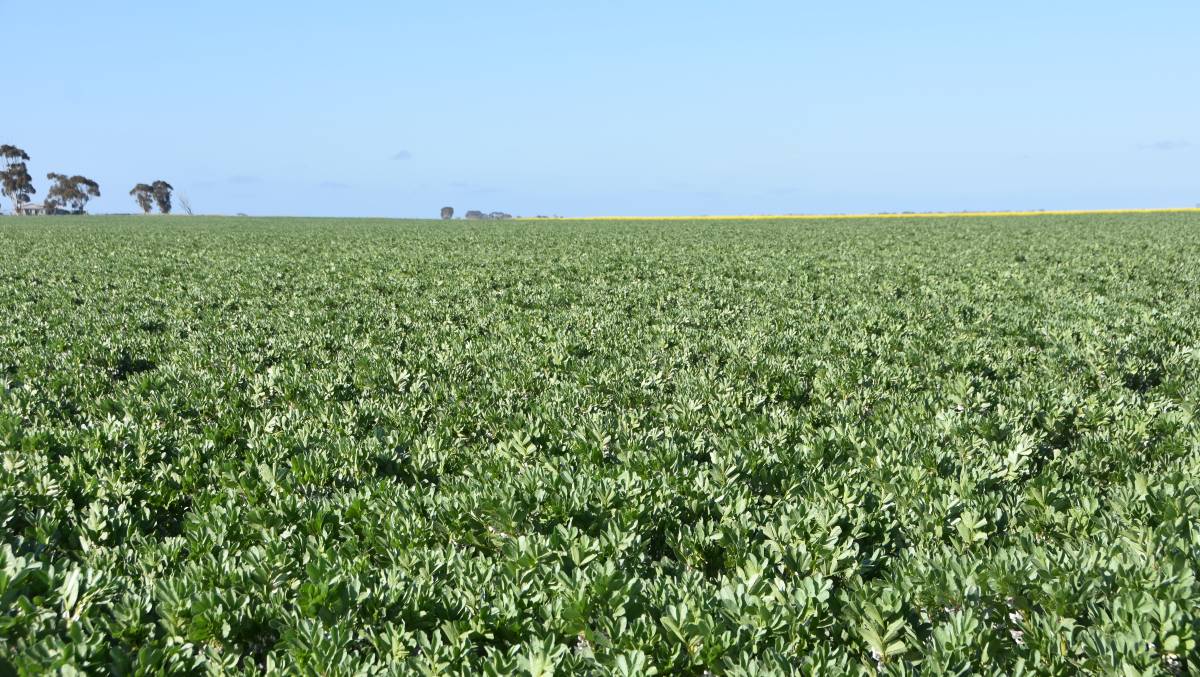
No short cut to boosting soil carbon and nitrogen
ONE OF the major problems facing those in continuous cropping systems is the issue of declining soil carbon, which in turn runs down nutrient levels.
A CSIRO expert has said there is no quick fix and farmers cannot rely simply on cranking up nitrogen (N) fertiliser levels to boost fertility.
Speaking at the Grains Research and Development Corporation update in Bendigo last month Mark Farrell said it had been well recorded that soil organic carbon levels had been decreasing in many Australian cropping systems.
Read more here…
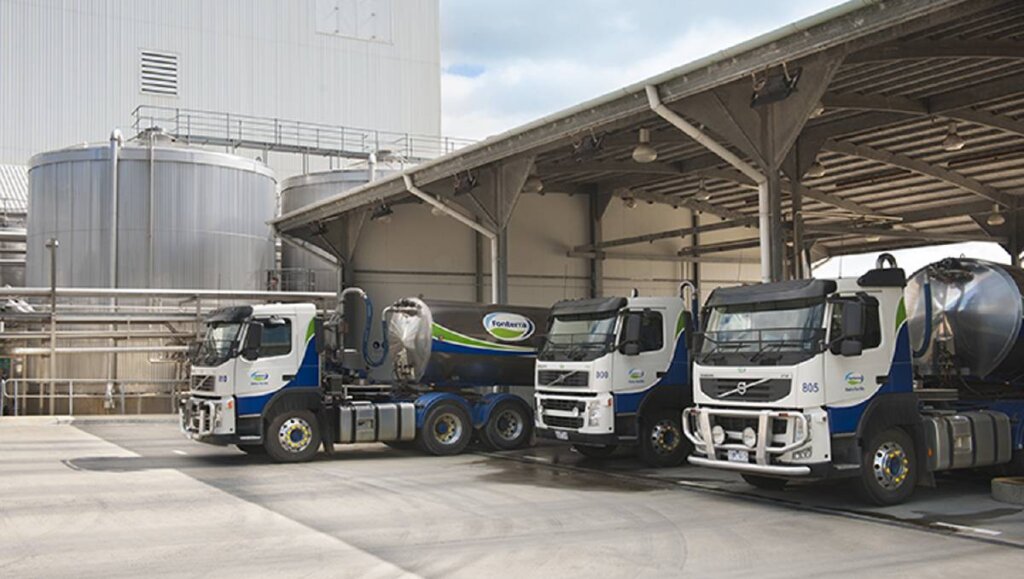
Australian dairy farmgate pricing influenced by three new factors
The dairy industry code of conduct, new contract arrangements for the majority of farmers and the COVID-19 pandemic have fundamentally altered the way dairy farmgate prices are set in Australia, according to Dairy Australia’s March 2021 Situation and Outlook report.
The report said this season had set a different pattern from the norm.
“Australian dollar denominated returns for dairy products have largely improved over the course of the current season, whilst competitiveness of imports has correspondingly declined,” it said.
Read more here…
South America
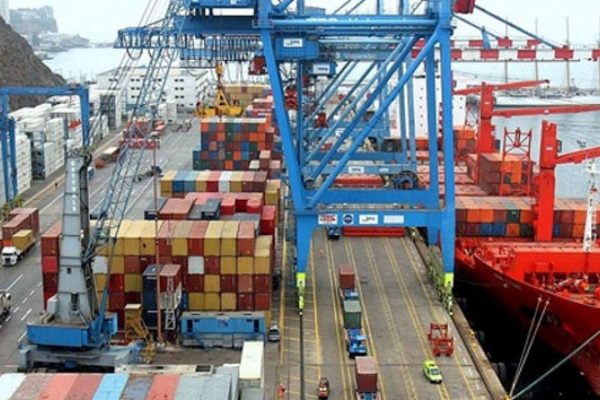
Argentina’s exports rise 9.1% year-on-year, but for smaller volumes
Argentina’s National Institute for Statistics and Census (INDEC) Friday announced the country’s exports increased 9.1% since March 2020, while imports went up 16.4% for the same period of time, for a combined foreign trade worth of US $ 8,488 million, 12.1% above last year’s figures.
Export revenues grew mainly due to a 14.2% increase in prices, while in quantities they decreased 4.5%. Manufactures of agricultural origin (MOA) went up 41.9%, while those of industrial origin (MOI) showed a small 0.2% fall.
The trade surplus reached US $ 1,062 million, 125 million below that of the same month of 2020 due to the fact that the rise in imports – driven by an increase in quantities – exceeded the growth of exports, which was due to mainly to the increase in prices.
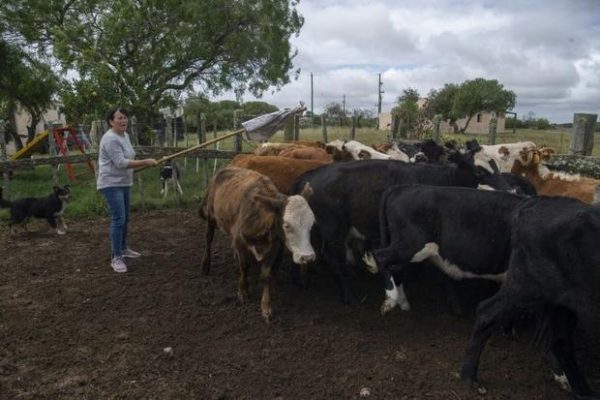
Beef-addicted Uruguay aiming to make farming greener
Rotating cattle to keep the grass long, synching cows’ pregnancies and improving bovine diet are just some of the tactics Uruguayan farmers are using to mitigate the impact of cattle on climate change.
There are four cows for each person in Uruguay, the South American country of 3.4 million people where agriculture accounts for 75 percent of greenhouse gas emissions.
A large part of that comes from the methane emitted by cattle, meaning Uruguay has no choice but to focus on livestock if it wants to combat global warming.
Read More here…
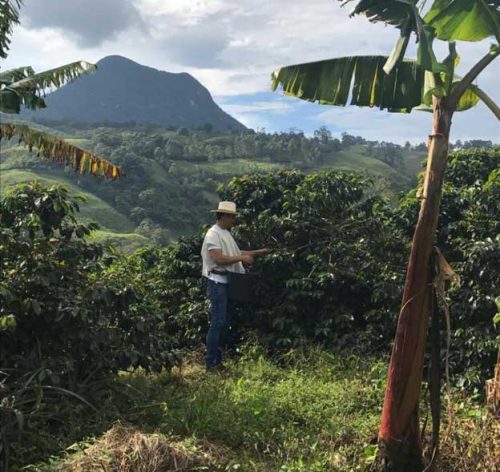
A Look at Colombian Coffee Prices One Year on From the Stabilization Fund
MEDELLIN, Colombia, Mar 26 2021 (IPS) – It’s been just over a year since the Colombian government launched its landmark price stabilization fund. With a budget of $64 million, the fund was designed to provide a hedge against low prices by subsidizing farmers during periods when prices dropped below production costs.
The reason for its introduction was due to the torrid times the nation’s producers had been through during the latter half of the last decade, where wholesale prices regularly dropped below the cost of production. So the fact the fund launched just as COVID-19 was beginning its stranglehold on the global economy was pure luck. But as luck goes, a government underwriting your industry just as the economy comes to a grinding halt is pretty fortunate.
However, far from the stabilization fund needing to be triggered almost as soon as it was launched, in order to mitigate the fallout of COVID-19 – the last 12 months have been a bumper year for Colombian coffee producers. The reasons for this are paradoxically partly due to COVID and partly due to other unforeseen circumstances.
Food Updates
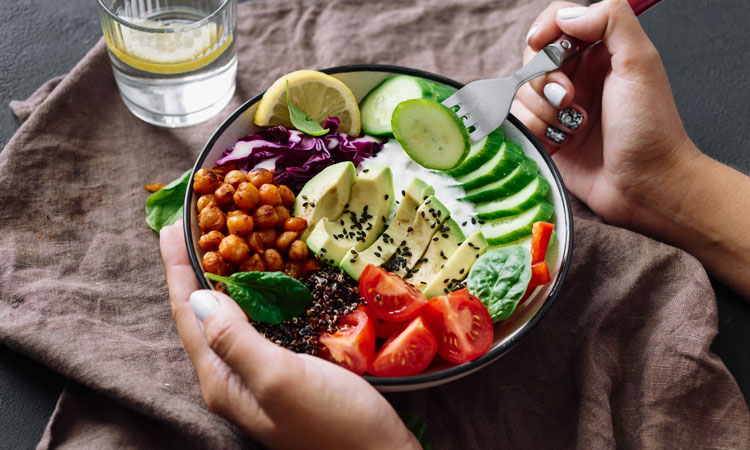
Brazilians beat Brits when it comes to adopting healthy eating habits
Respondents from both countries are reducing their carb consumption in a trend seen across five surveyed nations, as low-carb and keto diets gain popularity.
Brazilians are among the people most likely to use food to support positive health and wellbeing – that’s according to a consumer survey by food consultancy New Nutrition Business. Brazilians emerged as the most interested in foods for mental wellbeing (42 percent) from the survey, a proportion equalled only by consumers in Spain.
But it was a very different picture in the UK, where only 13 percent of consumers surveyed looked to food for a mental uplift.
Read more here…

Food fraud: an increasing concern within the beverage sector
The Lloyd’s Register survey of senior executives within the beverage sector claims that despite the risk of food fraud, it is not a high priority among many industry leaders.
A combination of widespread food fraud incidences and significant supply chain disruption signals a rising level of brand and product risk for global beverage manufacturers, according to a new report by supply chain assurance specialists, Lloyd’s Register.
In a survey of 100 senior executives across the beverage sector, 97 percent reported that they have been affected by food fraud in the past 12 months, while 80 percent agree that food fraud is a growing concern for their business.
Read more here…
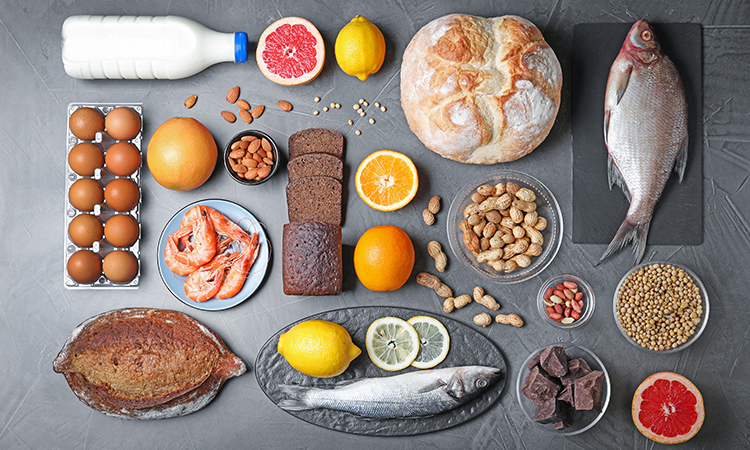
FSA research shows UK food businesses improving in allergen handling
New research from the FSA claims the vast majority of food businesses in the UK have some form of policy on allergen labelling, and almost all had processes in place to check for allergenic ingredients.
New research from the Food Standards Agency (FSA) has found that food businesses’ handling of allergens has significantly improved since new regulations came into force in 2014. The regulations make it mandatory to provide information to consumers about the presence of 14 allergenic ingredients in food.
The findings reveal a dramatic improvement in provision of allergen information and better food safety for consumers.
Read more here…
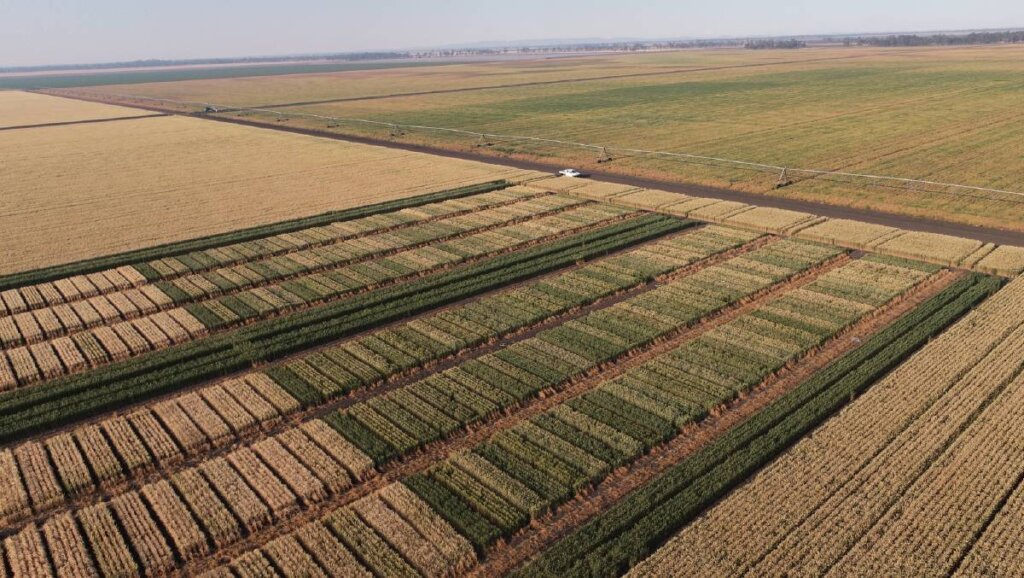
Better, faster, smarter crop variety data
AUSTRALIAN grain growers are set to get better crop variety recommendations faster through a major Grains Research and Development Corporation (GRDC) international collaborative investment.
The $5.39 million five-year INVITA (Innovations in Variety Testing in Australia) investment will deliver improved predictors of variety performance, quicker access to trial data for growers, better monitoring of trial quality and variety responses to environmental stresses – underpinning greater grower profitability.
GRDC senior manager enabling technologies Tom Giles said INVITA would add value to the GRDC’s flagship National Variety Trials (NVT) program .
Read more here…

How has a year of lockdown changed eating and shopping habits?
A new survey of over 2,500 adults carried out by margarine and spread manufacturer Upfield has revealed how lockdown has affected eating habits a year on from UK Prime Minister Boris Johnson’s sombre instruction to stay at home.
Pre-lockdown, taste (45 percent) and value for money (24 percent) were the focus when doing the food shop over how healthy (16 percent) those items might be. However, over half of Brits (53 percent) have now become increasingly aware of eating more healthily.
Read more here…
